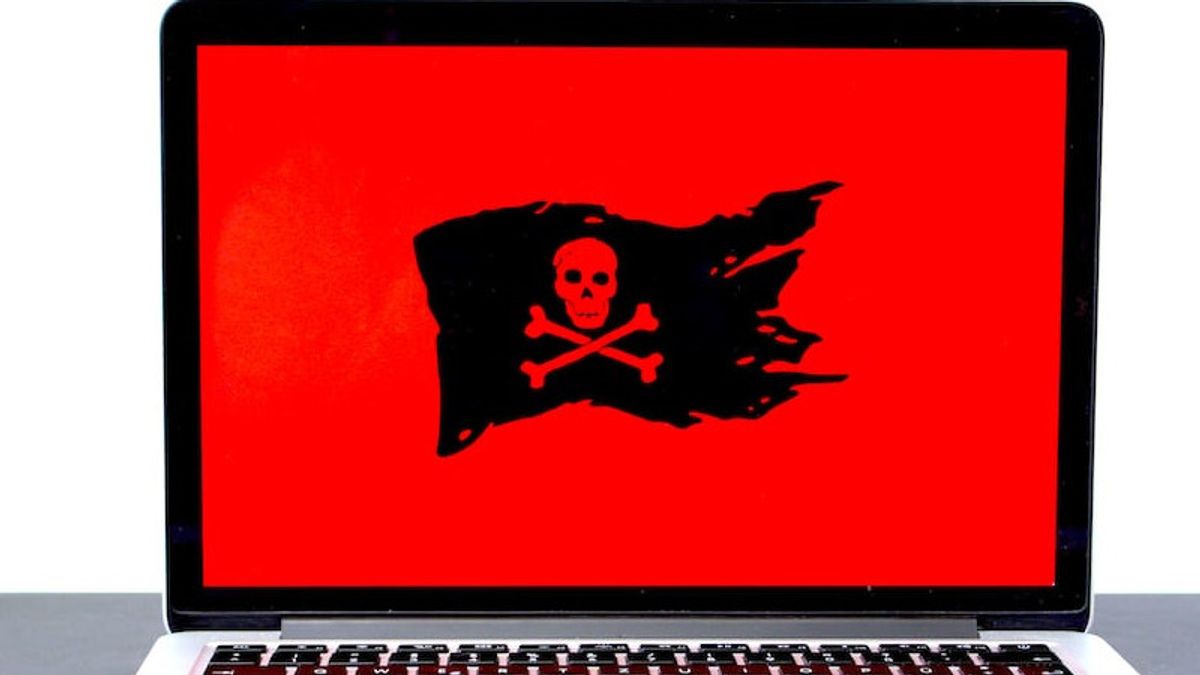JAKARTA - Kaspersky experts discovered a surge in Qbot malware, a well-known banking Trojan that functions as part of a botnet network, capable of stealing data such as passwords and work correspondence earlier this month.
It was also reported that this malware was capable of stealing data such as passwords and work correspondences. In addition, it allows attackers to control infected systems and install ransomware, or other Trojans on other devices in the network.
To protect your organization from related threats, Kaspersky experts recommend the following:
First, make sure you check the sender's address. Because most of the spam comes from email addresses that don't make sense or seem like a hoax.
To check it, you just need to point the cursor at the sender's name, which may be performed oddly, you can see the full email address. If you're not sure if the email address is valid or not, try inserting it into the search engine for inspection.
另请阅读:
Second, Kaspersky advises you to remain alert to messages that create a sense of urgency. Because spammers usually try to put pressure by creating a sense of urgency. For example, the lines of the subject may contain words such as "urgent" or "need immediate action".
Furthermore, organizations need to provide basic cybersecurity hygiene training to all of their staff. In addition, it is also necessary to simulate phishing attacks to ensure that they know how to distinguish phishing emails and the original.
Finally, make sure your organization uses endpoint protection solutions and email servers with anti-phishing capabilities, to reduce the chance of infection via phishing.
The English, Chinese, Japanese, Arabic, and French versions are automatically generated by the AI. So there may still be inaccuracies in translating, please always see Indonesian as our main language. (system supported by DigitalSiber.id)














